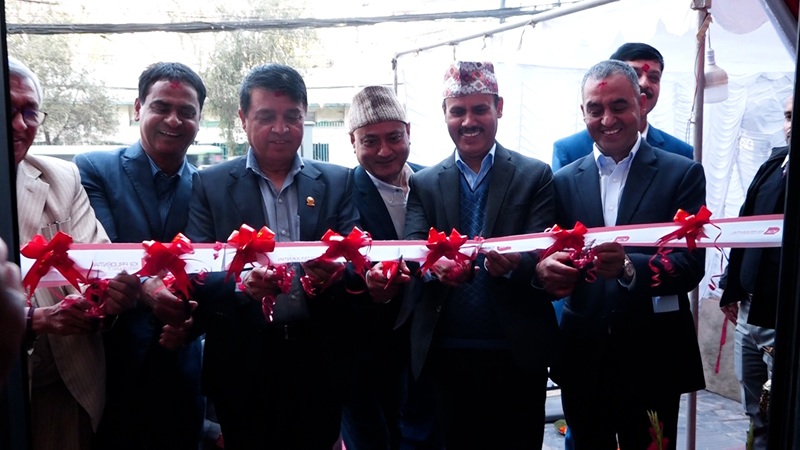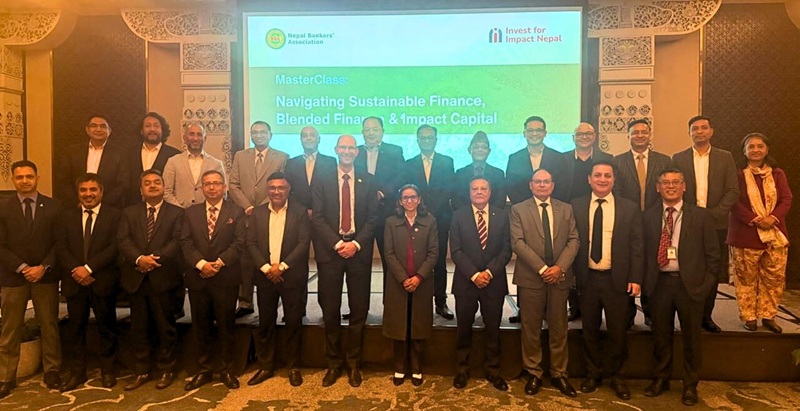Nepal Dot NP Domain Changes: Fees, Renewals & DoIT Control Proposed
12th June 2025, Kathmandu
The Government of Nepal has proposed a new rule that would change how people use dot np domain names. The changes come through the Information Technology and Cyber Security Bill, 2082, recently registered in Parliament. This proposal marks a shift from the current free and permanent domain model to a more regulated and paid system.
Nepal Dot NP Domain Changes
Free No More: Renewal nd Payment Required
Currently, individuals and organizations can register a dot np domain for free. Once registered, they can use it for life without renewal. But the new bill proposes a renewal every two years. Users will need to pay a fee set by the government to keep their domain active.
However, government offices will not need to renew their domains. They will continue using their domains without paying or updating.
This marks a significant departure from Nepal’s current digital practice. Many small businesses, bloggers, and startups rely on the free dot np domain to build their online presence.
Domain Management To Shift To DoIT
Right now, Mercantile Communications voluntarily handles the dot np domain registration system. But the new bill proposes to hand over full control to the Department of Information Technology (DoIT).
According to Section 39 of the bill, DoIT will gain the authority to regulate all domain-related activities. The department can also issue necessary guidelines to ensure domains are secure and function reliably.
This move aims to centralize domain management under a government body. The change is expected to bring more oversight and uniform rules.
Lookalike Domains Will Be Banned
The bill also restricts registering names that are similar to existing domains. This means users can’t register domains that could confuse or mislead the public.
This change will reduce domain squatting and stop people from taking advantage of popular names, brands, or identities. For example, someone won’t be able to register a domain that closely matches a famous company’s name.
Protected Names Reserved For Specific Use
The bill suggests reserving some names for authorized use only. These include:
Names of registered companies
Names of geographic or touristic locations
Names of well-known national figures
Only the respective organizations or individuals will be allowed to register such domains. This rule helps protect important names from misuse and ensures digital identity remains authentic.
Deadline Set For Existing Users
There are thousands of active dot np domains in Nepal. Under the proposed bill, current users must re-register their domains under the new system. They will get a six-month window from the date the law takes effect.
Those who fail to do so may lose their domains or face penalties. This clause ensures everyone follows the new rules.
Unauthorized Domain Activities To Face Fines
The bill introduces strict action against illegal domain use. Anyone found operating or supporting an unapproved domain registration system may face a fine of up to NPR 100,000.
This step will discourage people from running unauthorized platforms or bypassing official rules.
Domains Must Be Registered Through DoIT’s Channels
Once the law is passed, users must register their domains through platforms approved by DoIT. The bill gives the department the power to decide where and how people can apply for domain names.
This new process will prevent confusion and create a streamlined system.
The Bill Is Still Under Review
At this point, the bill is only a proposal. It must go through parliamentary discussion and approval before becoming law. Until then, the existing system continues.
But if passed, it will bring major changes to how Nepalese register and manage their online identities. The government says these changes will improve security and digital governance.
However, many users are concerned. The move from a free, permanent model to a paid, renewable system may affect startups, bloggers, and small businesses. They may now need to budget for domain costs every two years.
Still, the government believes this policy is necessary. It wants to modernize domain management, reduce misuse, and bring better regulation in the digital age.







